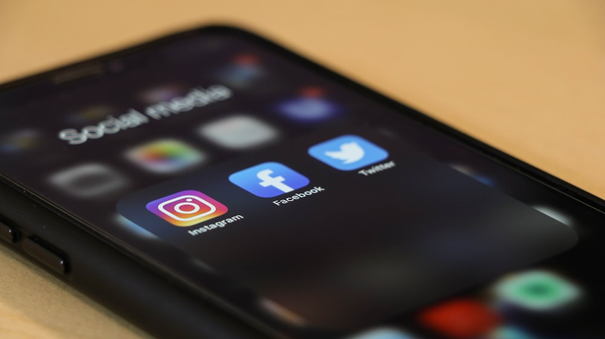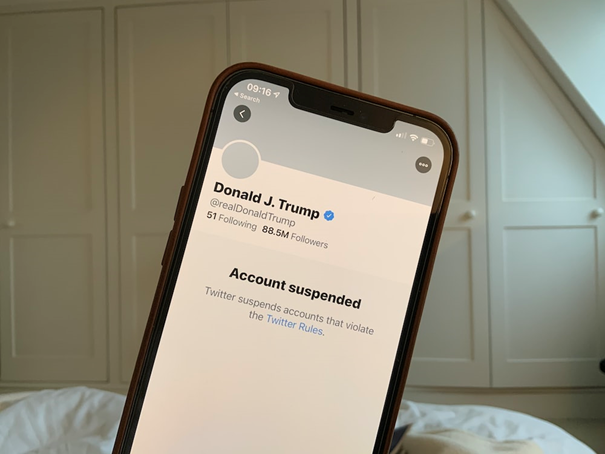
Social media is ever-present in our lives, we interact with others and perhaps also encounter posts that go against our own views. At least, that is what it often looks like for me. Platforms like Twitter and YouTube regularly push specific posts on my timeline that agree with my own likes and views. However, whatever is trending exists separately from my own personalized timeline. This separation shows users popular posts by anyone, for example Donald Trump.
On the other hand, the social media company can choose to censor or suspend a user if their posts go against the platform’s guidelines, which is exactly what happened with Donald Trump. Naturally, this decision caused a spark of reactions. I read about one of these reactions in a recent article about a Texan court ruling concerning online speech regulation
In short, the article discusses a Texan law that bars social media companies from censoring or banning users based on their viewpoint. The law was passed by a majority Republican legislature. The right wing is convinced that the law is necessary to prevent their social media posts that express their views from being removed. On top of that, they have said that platforms use their powers to censor abusively, naming Trump’s suspension from Twitter as an example. The court ruling decided that the tech groups NetChoice and the Computer & Communications Industry Association cannot ban users for expressing their viewpoints on their platforms.

To continue with the example of Twitter’s suspension of Trump off of their platform, the company obviously explained its decision. The Twitter Blog explained the reason for suspension as a measure to prevent further risk of violence incitement.
I think Twitter is in its right to enforce its rules, so is any other social media platform. Moreover, it could be a good idea to look into the polarization that is caused by social media, and ensure that extremist views are not perpetuated by groups of people. However, even though I wouldn’t like to admit this, that censorship could be considered a violation of freedom of speech. Technically, extremist views are often harmful towards a group of people, but how far can one stray from the general consensus to be considered enough of an outlier and get banned from a platform?
When signing up for social media, there is always a terms & conditions and a privacy agreement presented to the user. This usually informs the user of their rights, and often states that the platform is in its right to delete posts and/or ban a user if the platform views their behaviour as breaking the terms & conditions. On top of that, the platform existed before the Texan law was signed last year. This conflict is probably one of the reasons the Supreme Court will have to take a look at the case.
Another factor that I believe plays a big role in the enforcement of social media terms & agreements is internationality. Every country has their own regulations of internet privacy, or has their own ideals they want to enforce in their society. The internet crosses all borders. Internet Laws do exist, but any country can add their own regulations. A good example of that is the EU’s laws concerning user privacy. So far, the social media platforms have to adjust their use of users’ data to accommodate to these laws.
All in all, I believe that the article, or the ruling at least, raises some interesting questions about the rules of social media, namely what rules a platform is allowed to set and uphold. For the most part, users are responsible for their own experience online, but I think that platform guidelines should be upheld to make the users’ experience less dangerous.
References
https://blog.twitter.com/en_us/topics/company/2020/suspension



Recent Comments